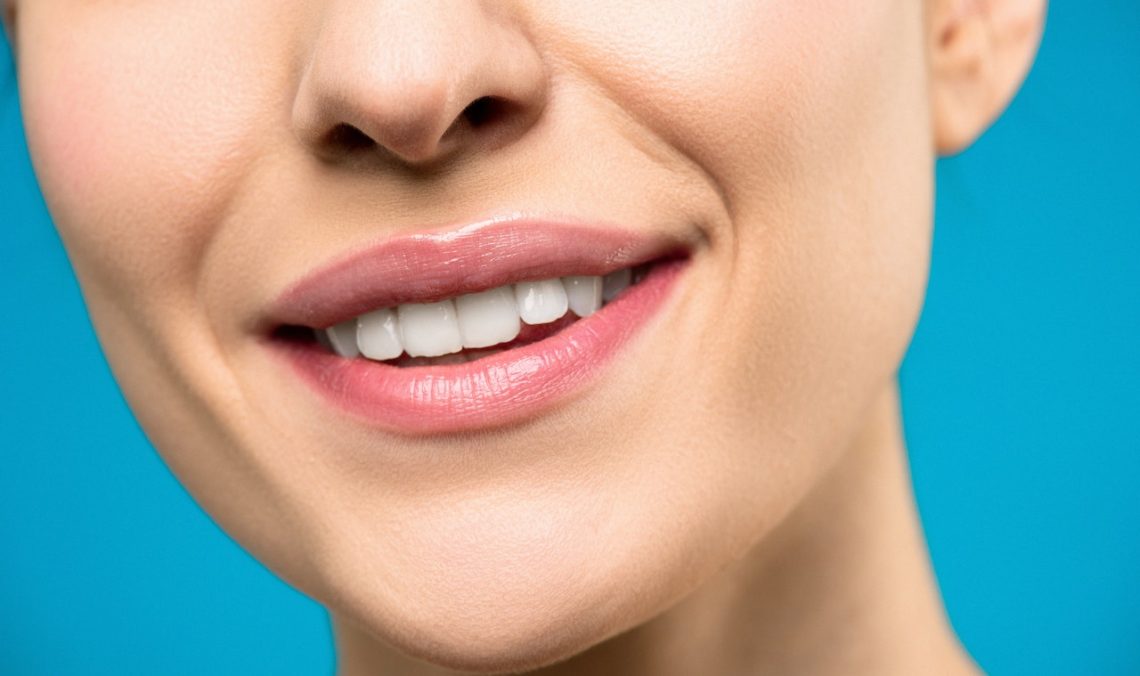Today we want to share 13 ways to prevent gum disease. Gingivitis often marks the early stage of gum disease, caused by plaque accumulation on your teeth. Untreated gingivitis can escalate to periodontitis, which increases your teeth’s sensitivity to pressure and causes teeth and bone loss. Studies show gum disease can also increase your risk of developing other health issues like heart disease, diabetes, and respiratory infections. However, you can avoid gum disease with the following measures.
1. Brush properly
Reduce your chances of developing gum diseases by brushing your teeth at least two times daily and cleaning them with floss or interdental cleaner. Brushing your teeth at the gumline is important since the plaque-catching area starts from there. Most people frequently ignore their gums when brushing, which is bad. Dentists recommend brushing your teeth at an angle of 45 degrees so both halves of your brush clean your gums and teeth. Replace your brushes every three months to improve hygiene. Using advanced toothpaste solutions like LivFresh can further enhance your oral care routine for healthier gums and teeth.
2. Give up smoking
Smoking can harm your teeth and gums while damaging your lungs. Therefore, consider quitting smoking to improve your dental health. According to the Centers for Disease Control, smoking weakens your immune system, making it difficult for your body to fight against gum infections. This lifestyle affects circulation to your gums, increasing your risks of oral cancer and gum disease. Tobacco products, including chewing tobacco, can harm your oral health, so it makes sense to avoid these to offer your gums more protection.
3. Use a therapeutic mouthwash
Therapeutic mouthwashes can help prevent plaque formation and reduce gingivitis. These products are available in most pharmacies and over-the-counter shops. Rinsing with mouthwash removes food debris from your oral cavity. However, avoid using your mouthwash as a substitute for flossing and brushing.
4. Eat healthily
Eating nutritious dishes can boost your teeth and gum health. Avoid starchy and sugary foods such as candy and prepackaged food, and eat more vegetables instead. Veggies are rich in minerals and vitamins A and C, which are healthy for your teeth. Try incorporating nutritious protein foods like cheese, chicken, and milk rich in calcium and phosphorus into your diet. Your body requires these minerals to keep your enamel stronger. Drinking tea is another great idea that could benefit your gum health. Black and green tea is rich in polyphenols, antioxidants that help prevent plaque from sticking to your teeth, reducing your risk of gum disease.
5. Get braces
Photo by on Pexels
Braces can boost your dental beauty and health. Straight teeth are much easier to clean and less prone to plaque buildup and tooth decay. Straightening your teeth with braces will allow you to brush hard-to-reach areas and eliminate bacteria.
6. Scrape your tongue
Scraping your tongue after brushing is a healthy habit to boost your oral health. This practice helps remove leftover food particles and bacteria. With each brushing session, your mouth will become much cleaner if you do this. Most people scrape with their toothbrushes, but you can also use specially-made tongue scrapers, which are more effective for tongue cleaning.
7. Go for regular dental checkups and cleaning
A professional dentist can detect signs of gum disease if you book regular dental appointments with them for checkups. This is the best way to ensure your symptoms are treated early. Routine dental cleaning helps remove tar and stubborn plaque that may evade your regular toothbrush. Frequent cleaning, brushing, and flossing can help reverse symptoms of gingivitis. Best Dentist Marlborough recommends visiting a dental expert every 6 months.
8. Minimize your stress
This may sound weird, but it counts. Stress is unhealthy for your mental and cardiovascular health; it can also affect your dental health. Extreme stress and anxiety may contribute to teeth grinding, eroding your teeth and impacting your jaw and gum health. Try practicing relaxing activities to help manage your everyday stress. For example, you can exercise, meditate, and deep-breathe to cope with stress. Consider practicing your hobbies in your leisure time and consult experts when you need professional help to overcome stress.
9. Be mindful of your medications
Talking to your doctor about your medication’s side effects may be important. Some drugs tend to increase bacteria accumulation in your mouth; others may hinder the flow of saliva that stops bacteria buildup. Hormones can also contribute to your oral health condition. For example, hormonal changes in your body can cause teeth sensitivity and promote gum disease development. Your doctor can advise you about your medication’s side effects and how to avoid gum disease.
10. Strengthen your bones
Photo by on Pexels
Your skeletal bones can shrink and become weaker; the same is true for your jawbone. One way to strengthen all the bones in your system is to exercise regularly. Getting enough calcium (about 800 mg) daily can lower your risk of developing severe gum disease. Calcium strengthens the alveolar bone in your jaw, holding your teeth in place. You can get calcium from most dairy products and healthy amounts of the mineral from almonds, salmon, and dark green veggies like kale and broccoli.
11. Use a gum stimulator
Using a specially manufactured gum stimulator is better than massaging your gums with a toothpick. A gum stimulator helps effectively clean the surfaces between your teeth. Therefore, get one, and point the tip toward the direction of the biting surface at a 45-degree angle to your gum line. Then move it in a circular motion on each tooth for about 10 seconds before going to the next one.
12. Choose the right toothbrush
While studies show electric toothbrushes improve dental health, the American Dental Association (ADA) suggests manual toothbrushes are equally effective. Once you understand how to brush properly, you will find both toothbrush versions useful for fighting gum disease. Electric toothbrushes are ideal for people with limited manual dexterity; the rotating head can clean most hard-to-reach surfaces.
13. Use fluoride toothpaste
Various brands of toothpaste in the stores promise to whiten your teeth, freshen your breath and reduce your gingivitis. So how do you choose the best one? The ADA advises you should go for certified, fluoride-containing toothpaste. As for the flavor and color, that’s all up to you. Regarding your oral health, you need to prioritize your gums. Gum disease is preventable, so follow these simple habits to keep your gums healthy.
Read more beauty and dental care articles at ClichéMag.com
Images provided by Deposit Photos, BingAI, Adobe Stock, Unsplash, Pexels, Pixabay & Creative Commons





